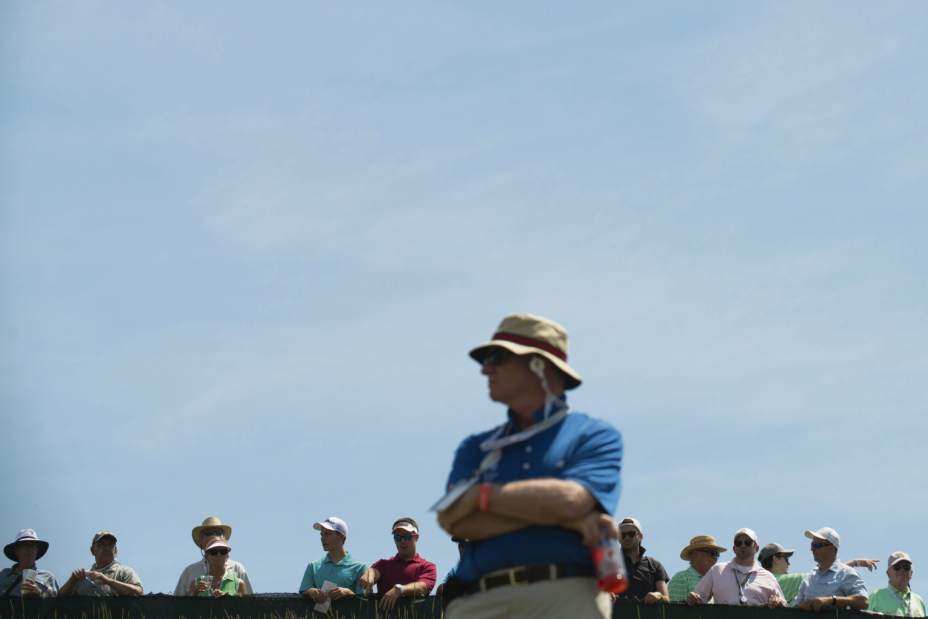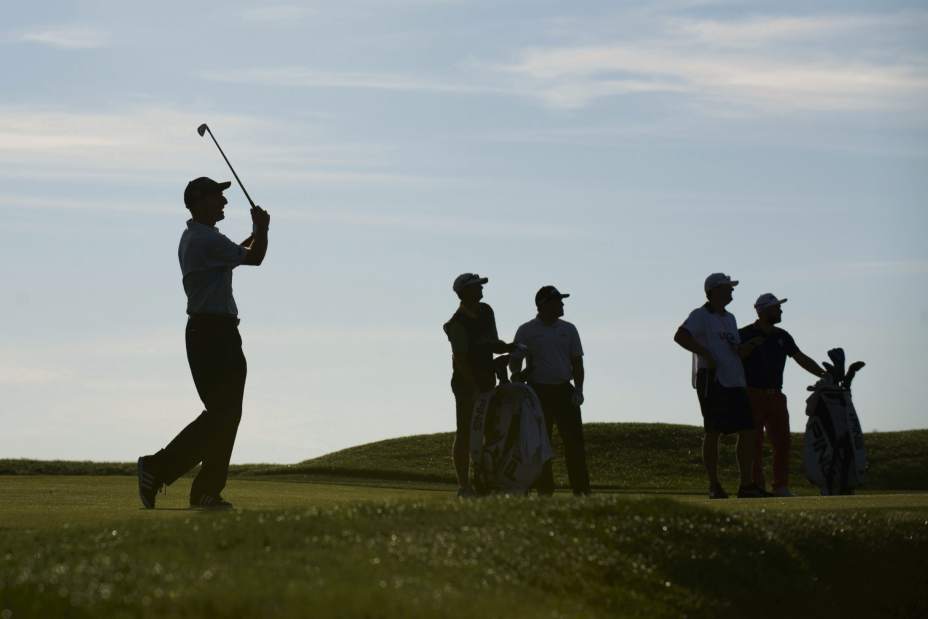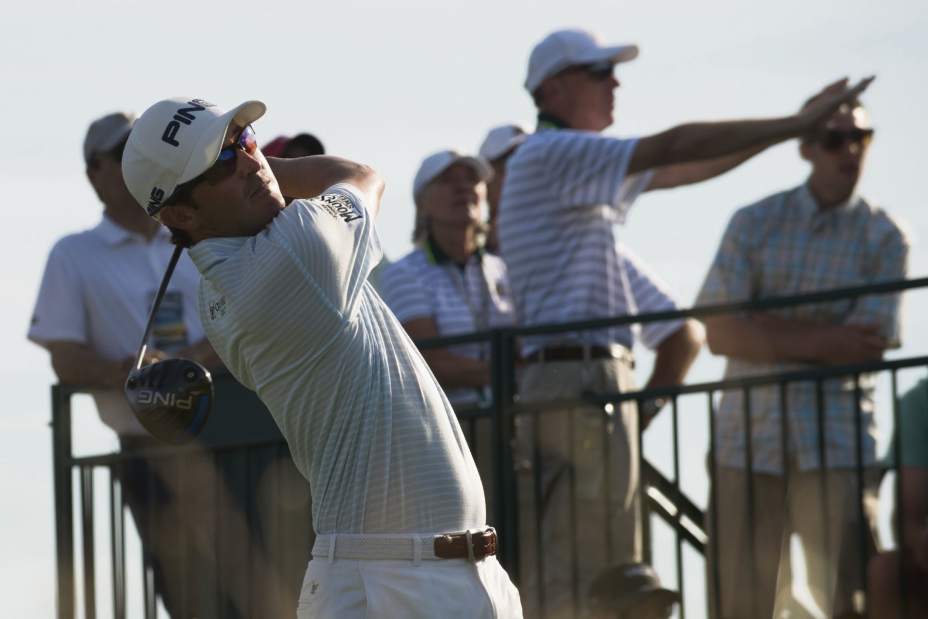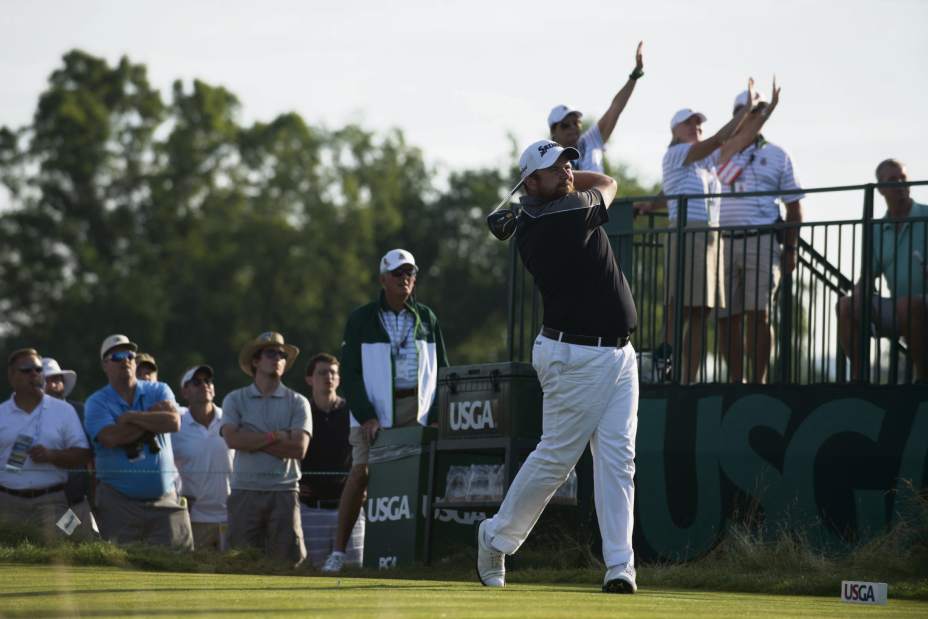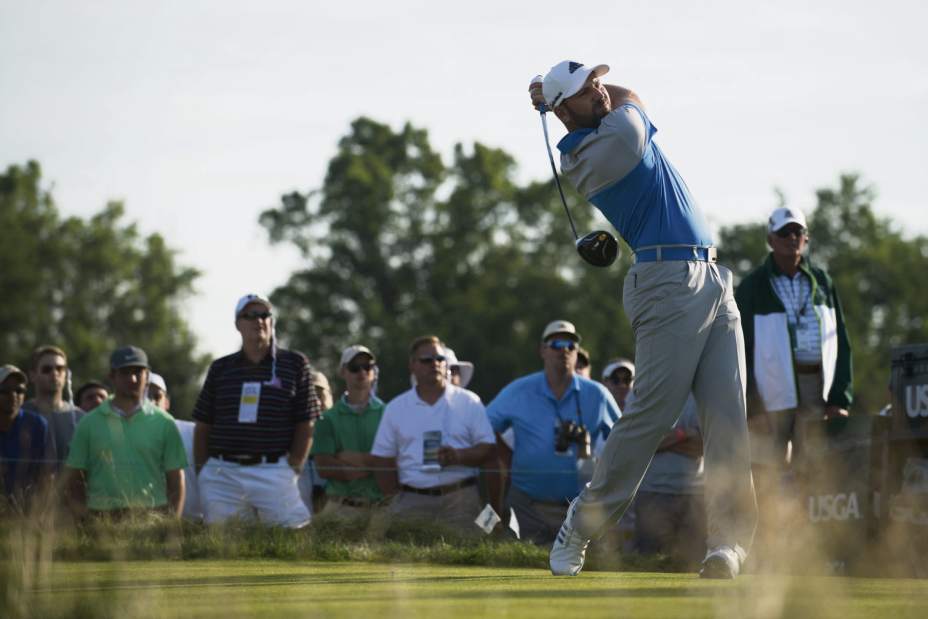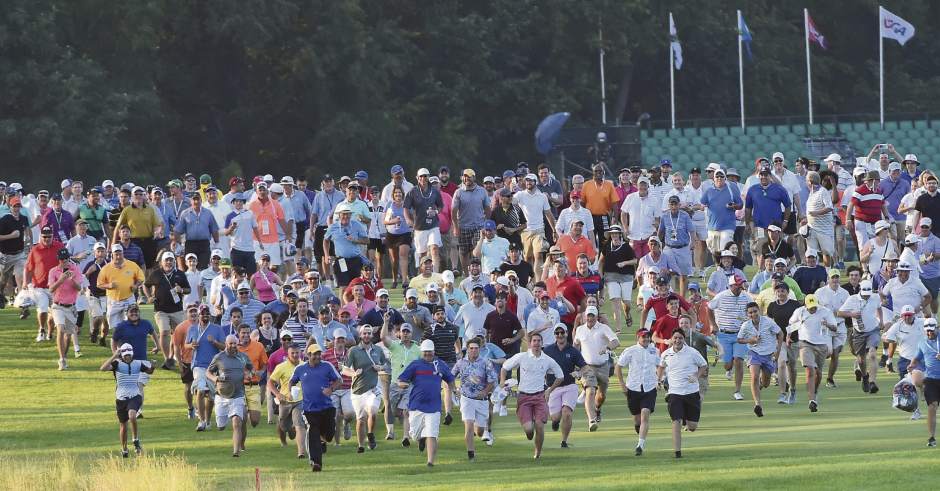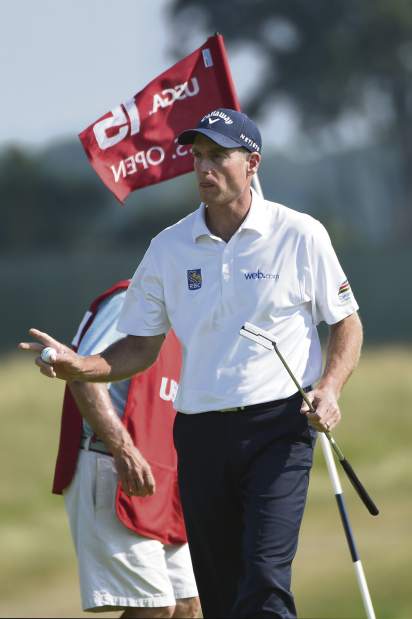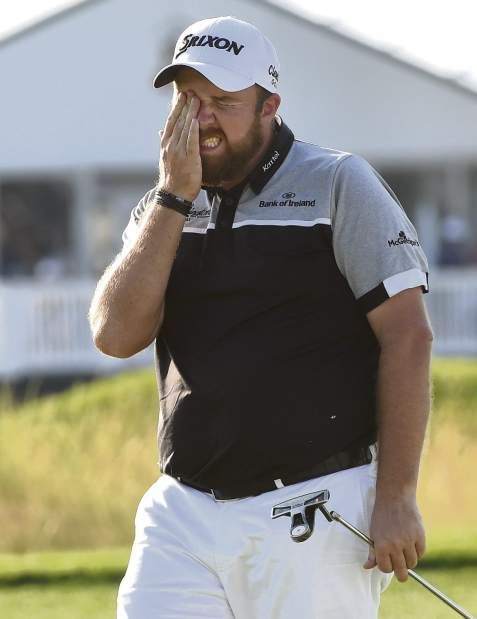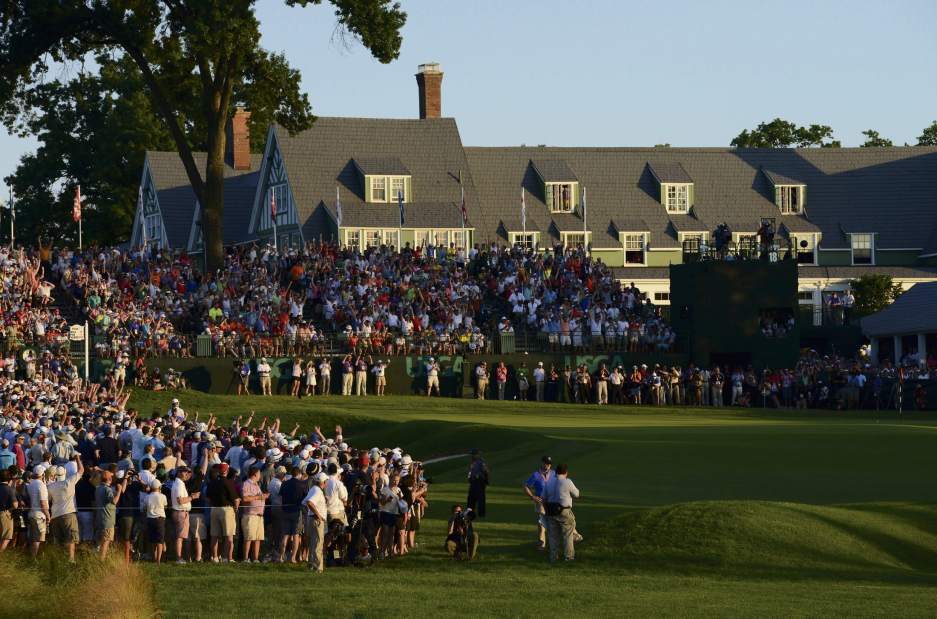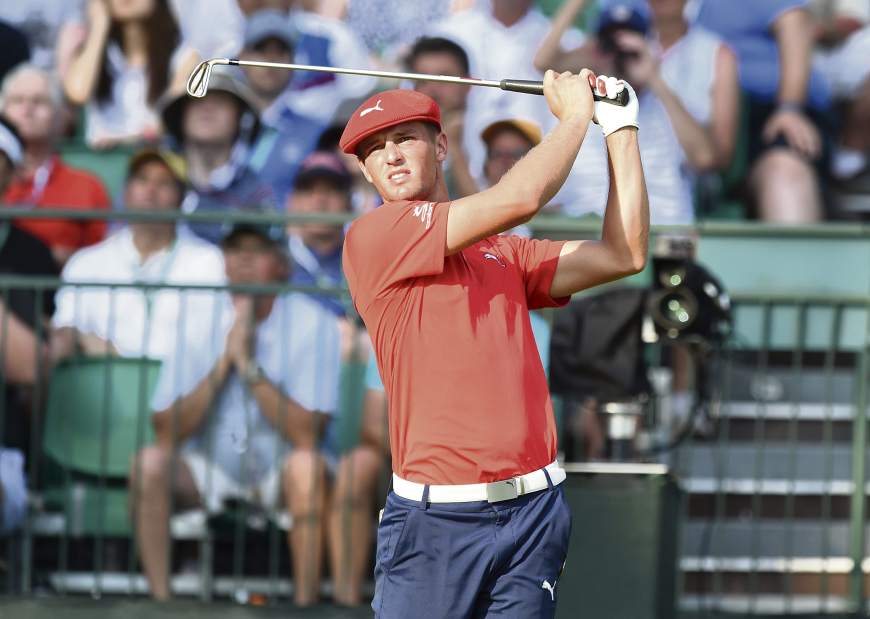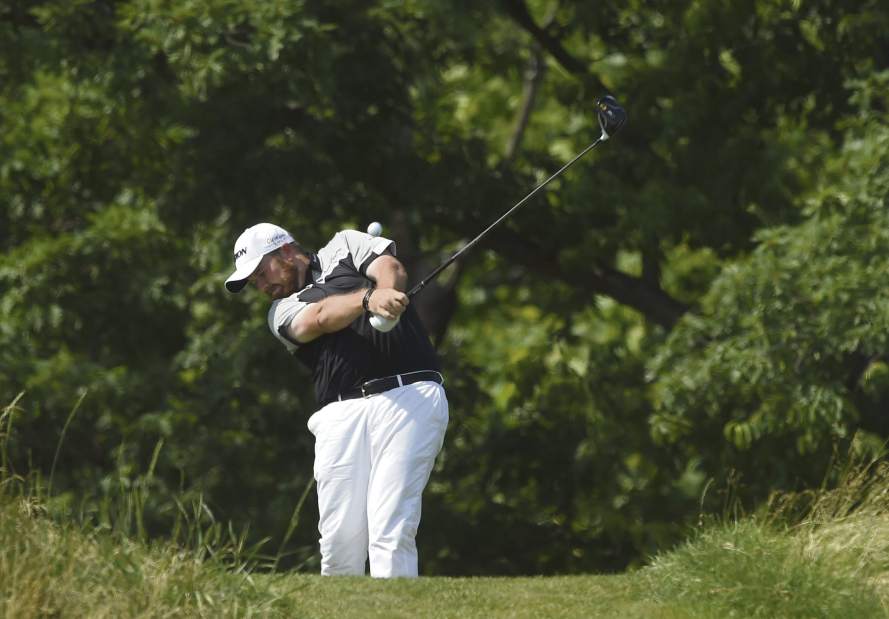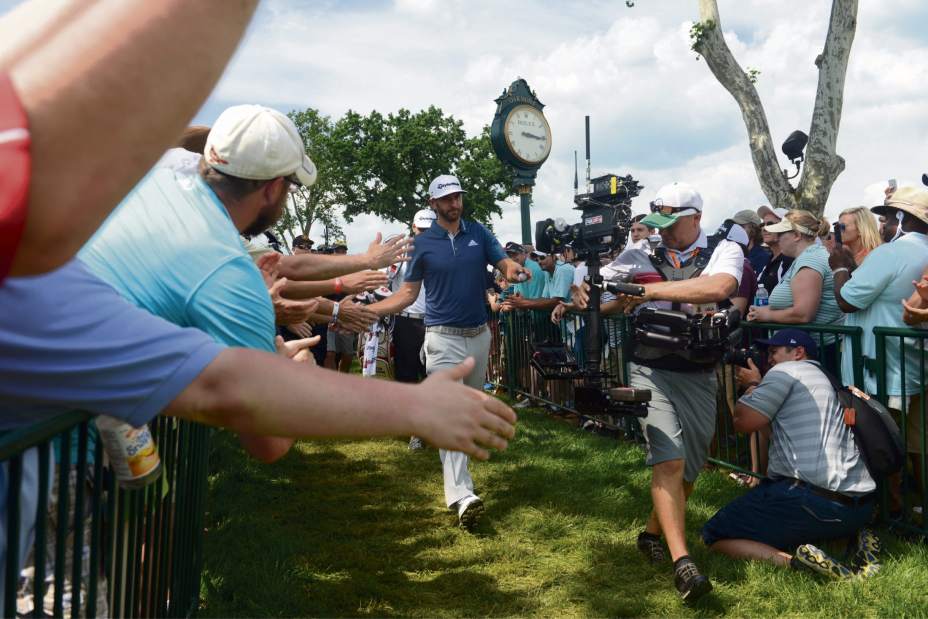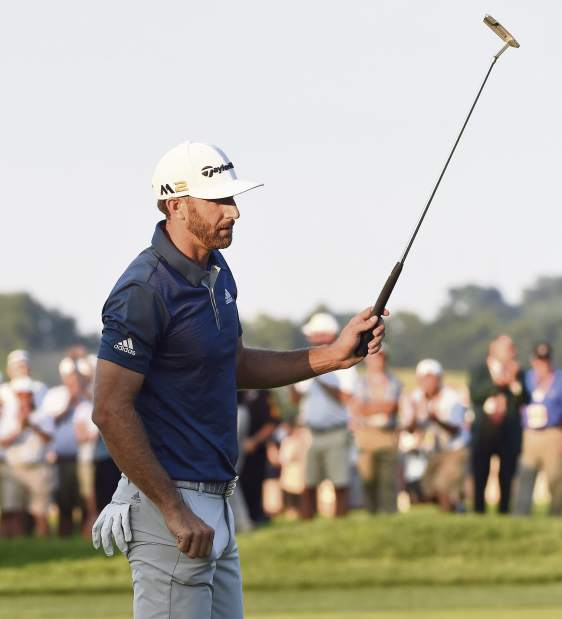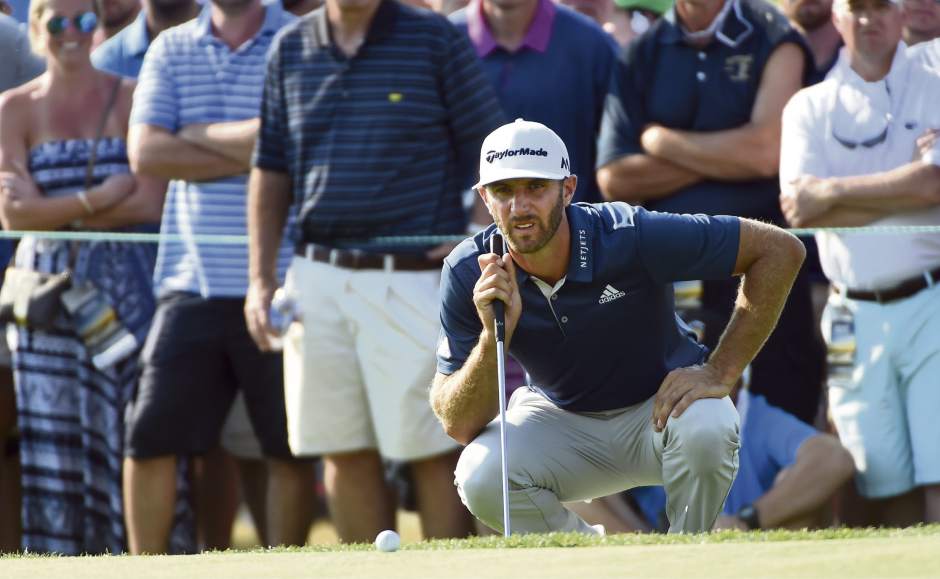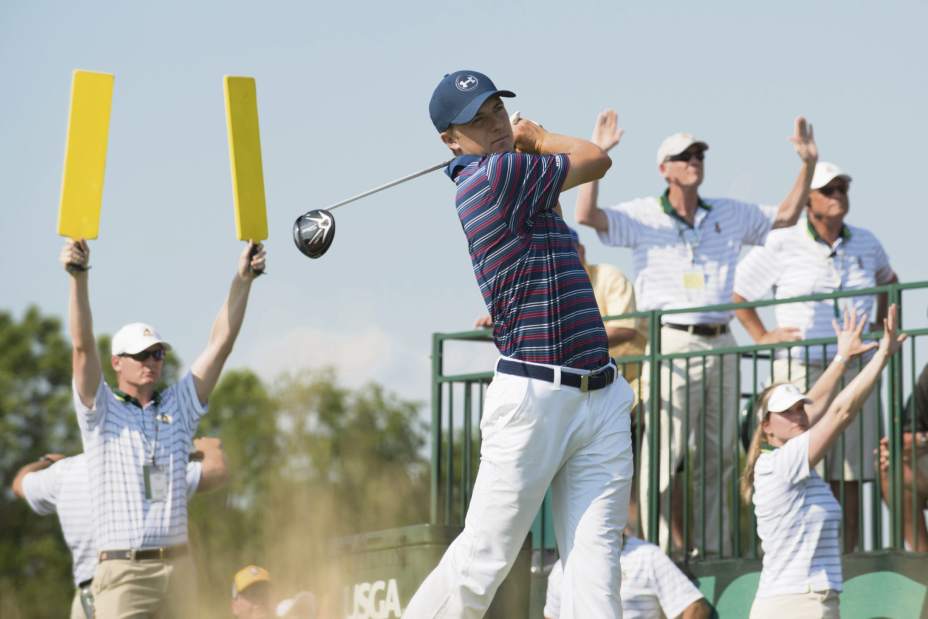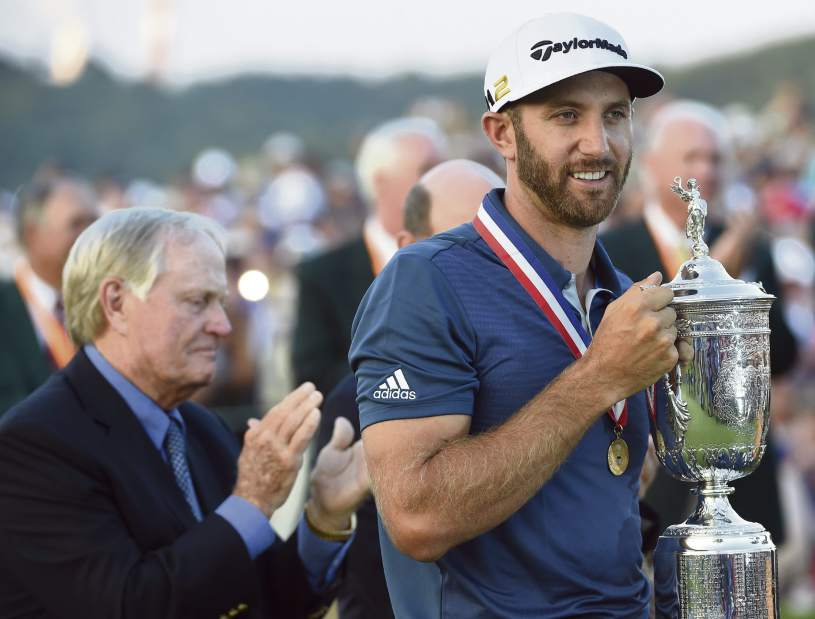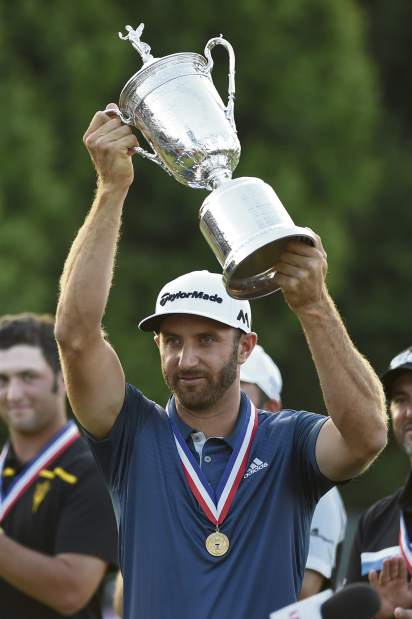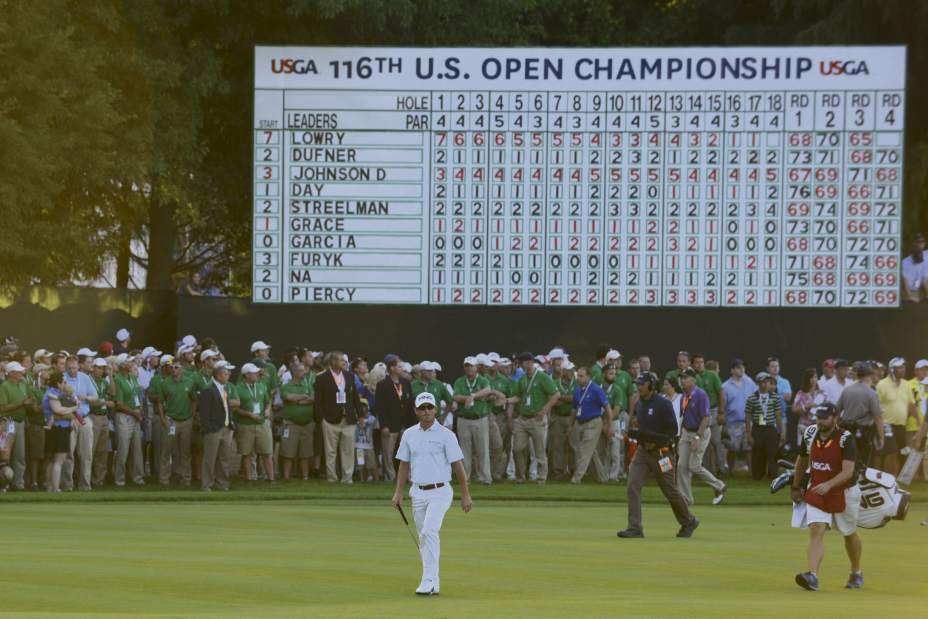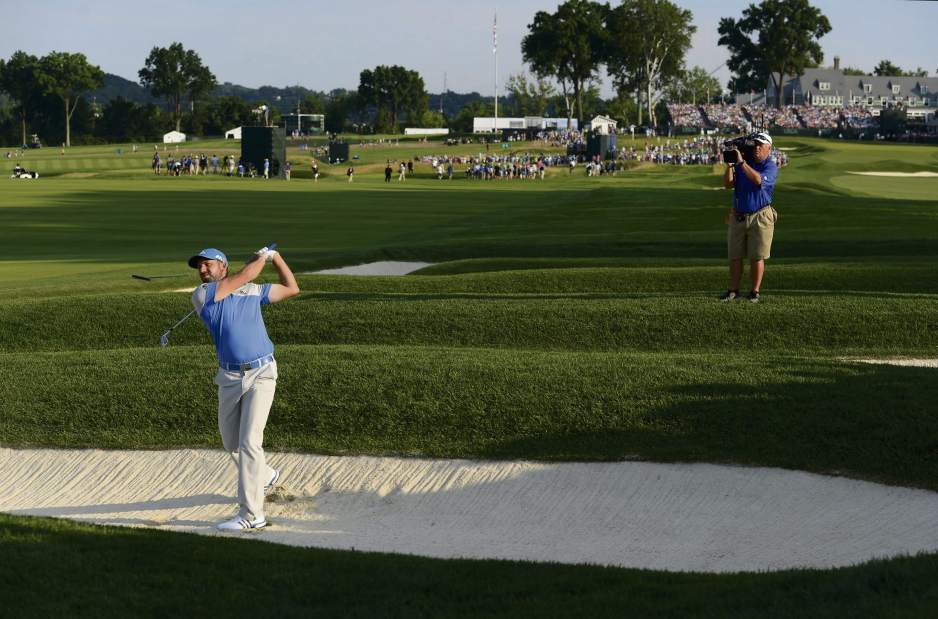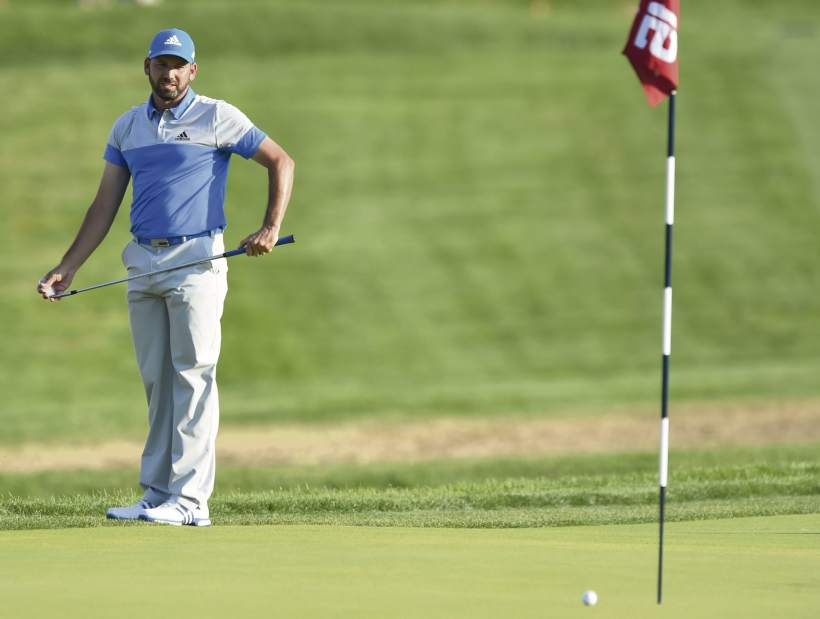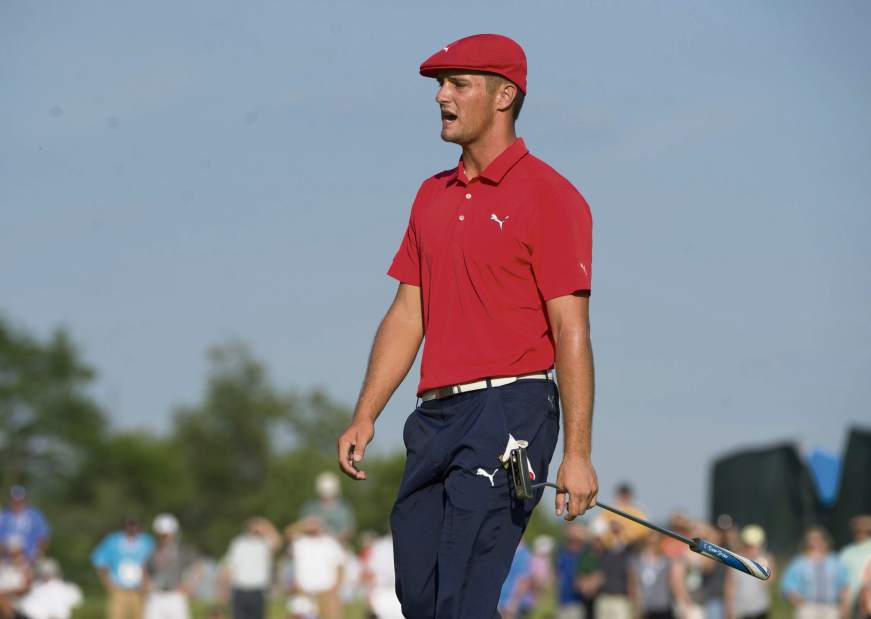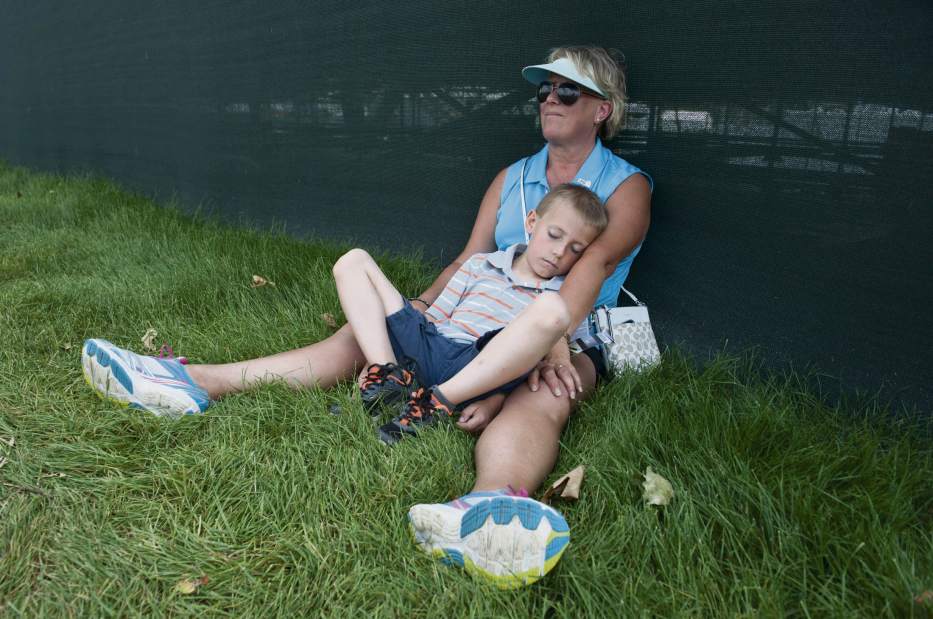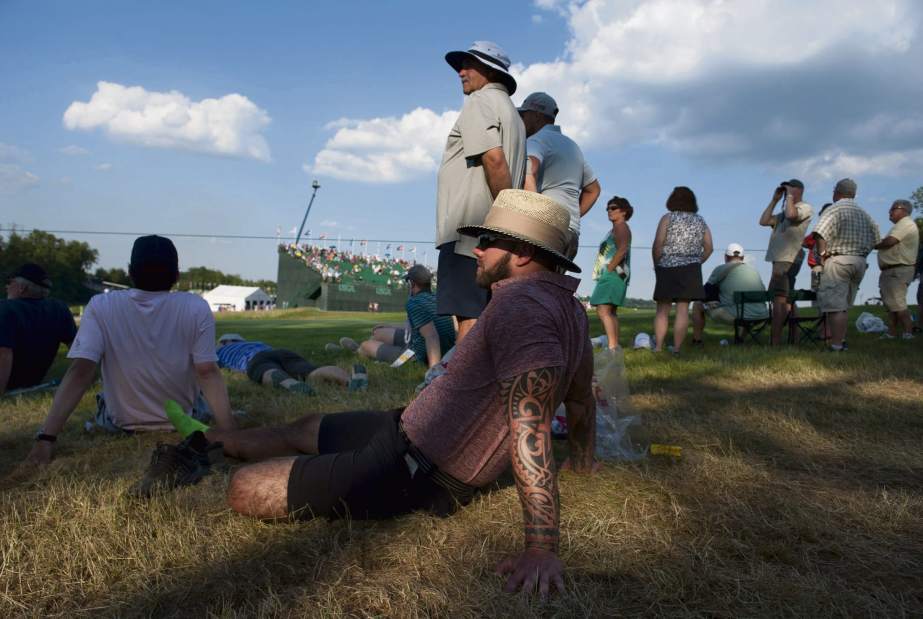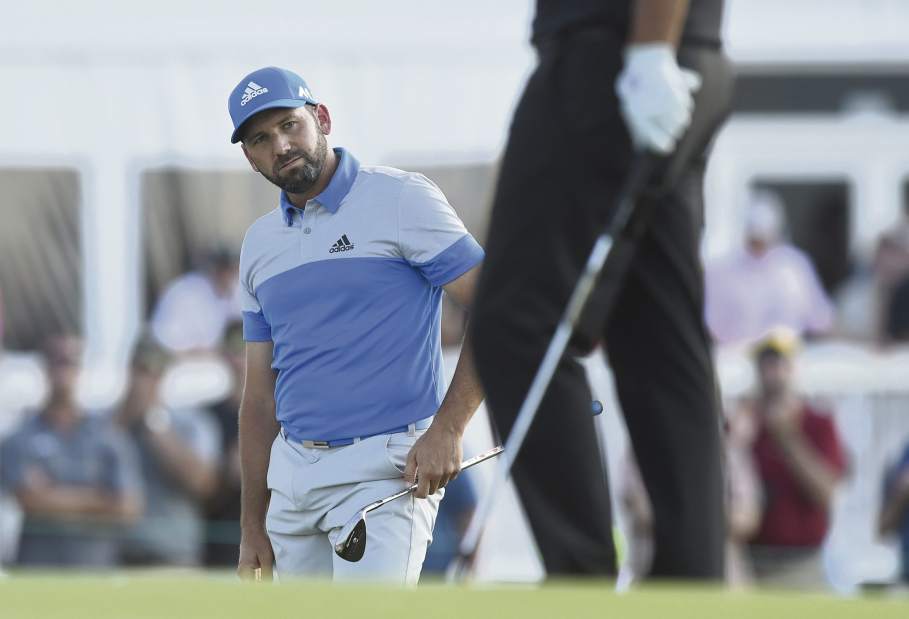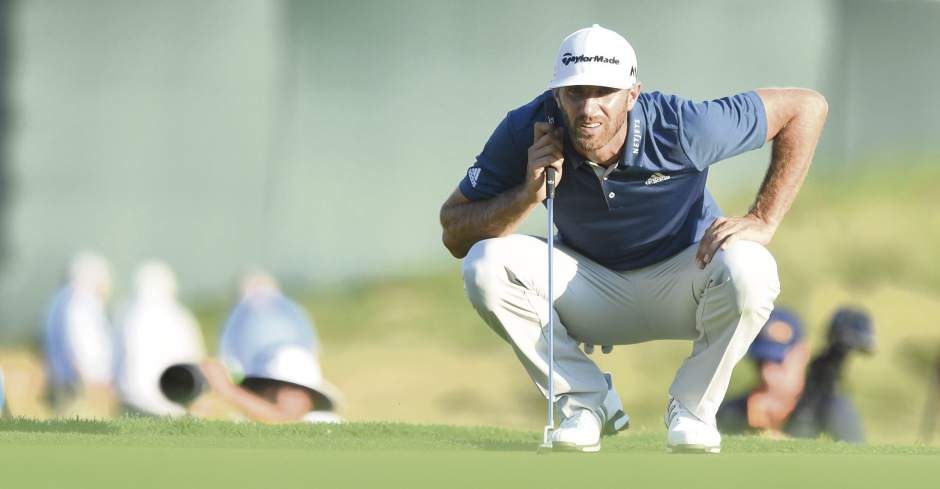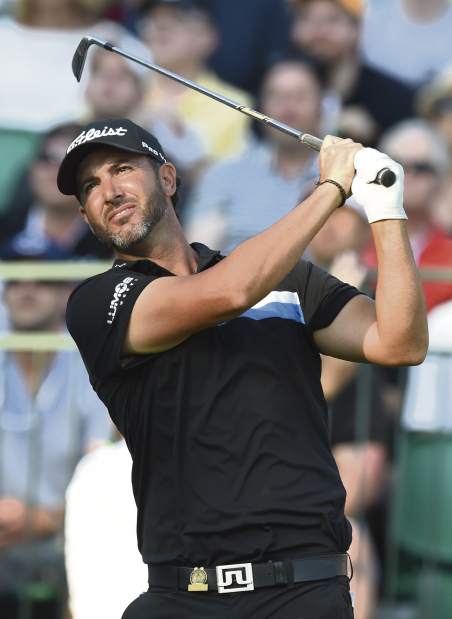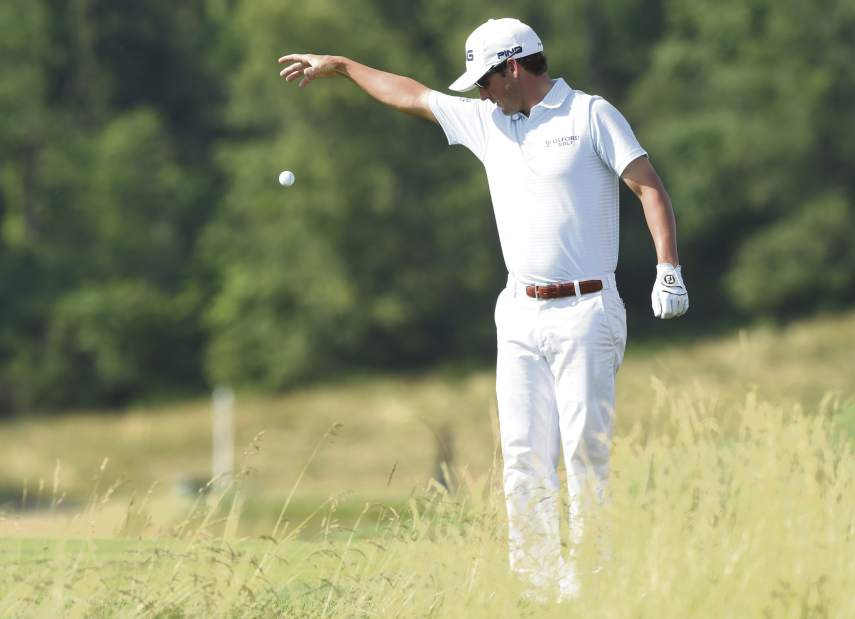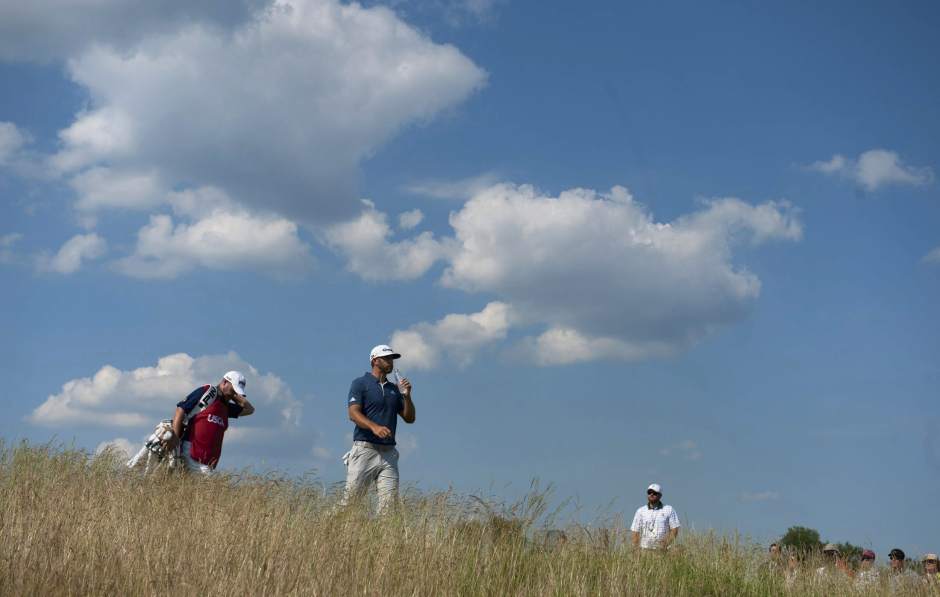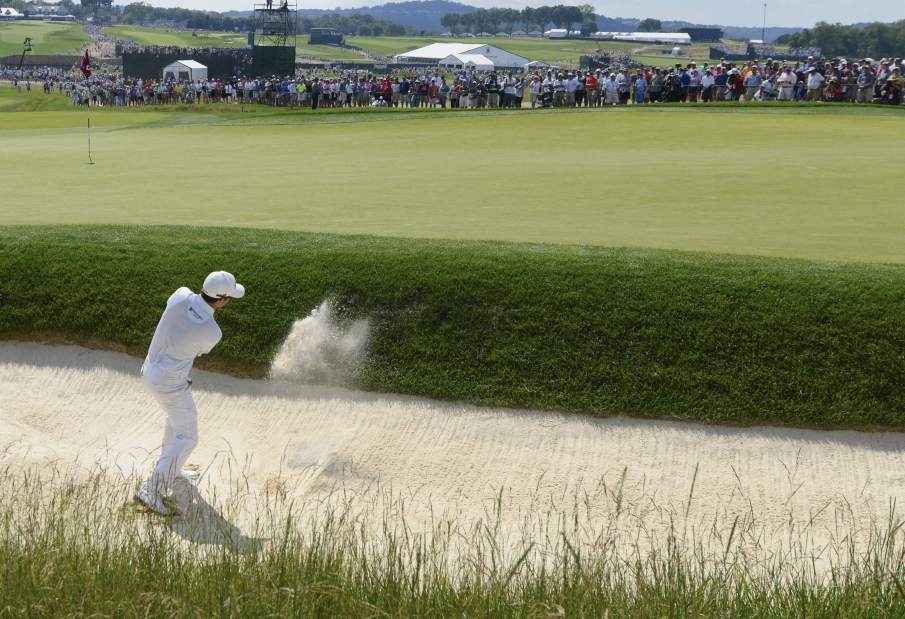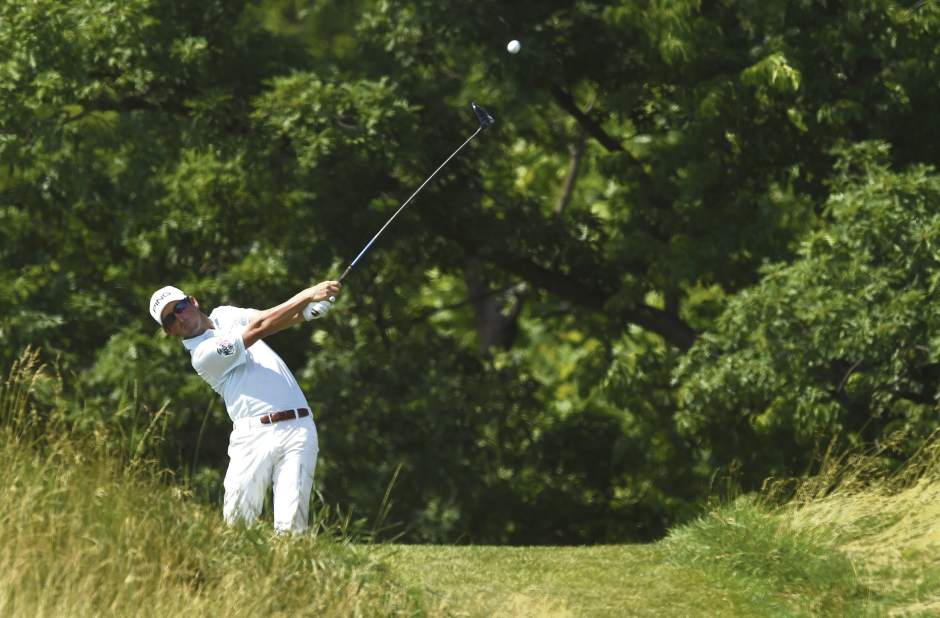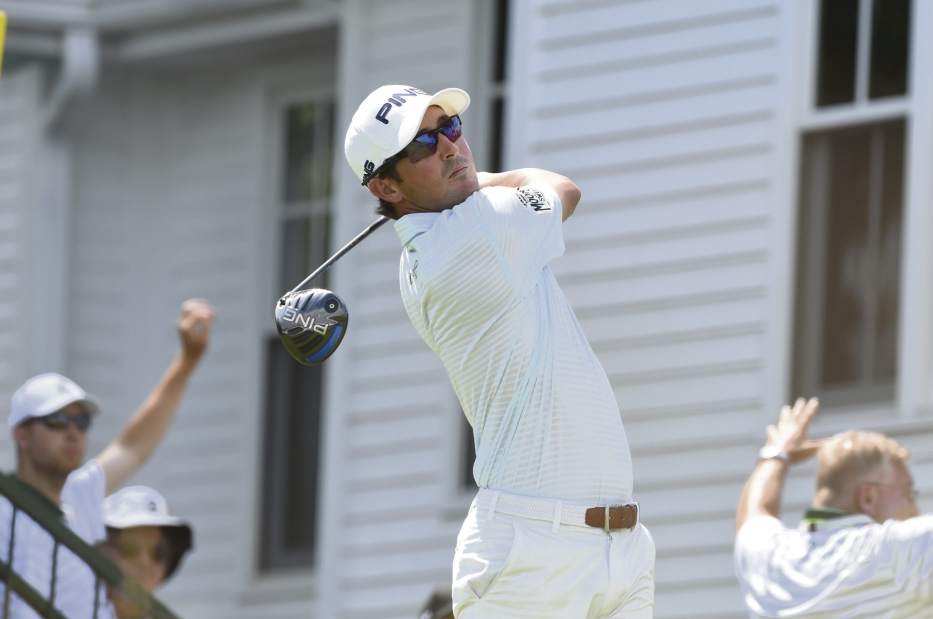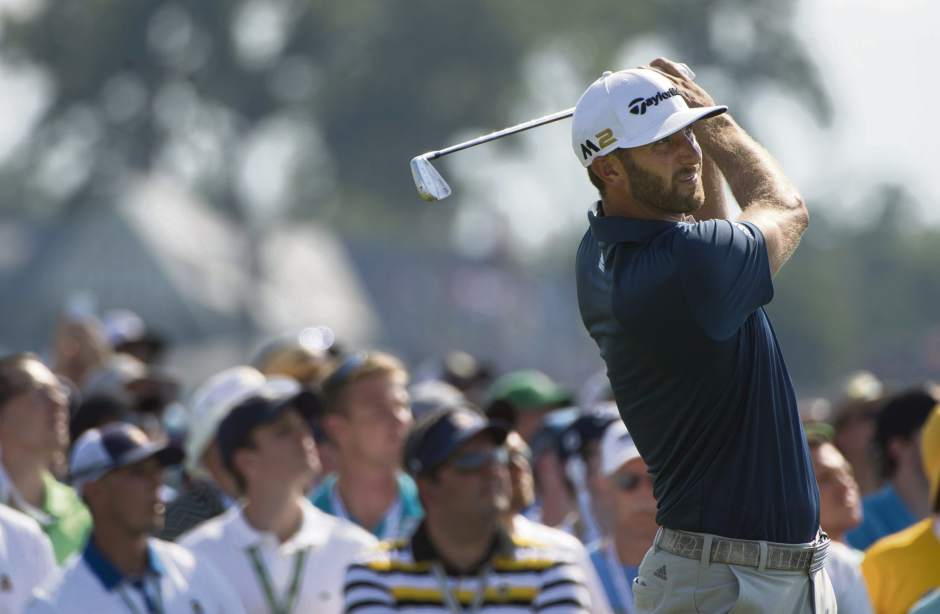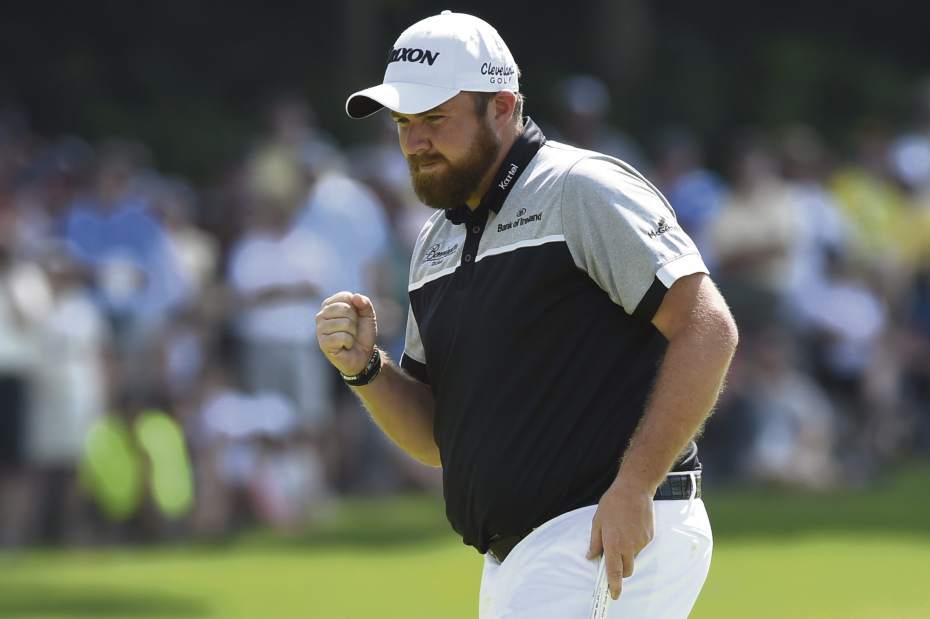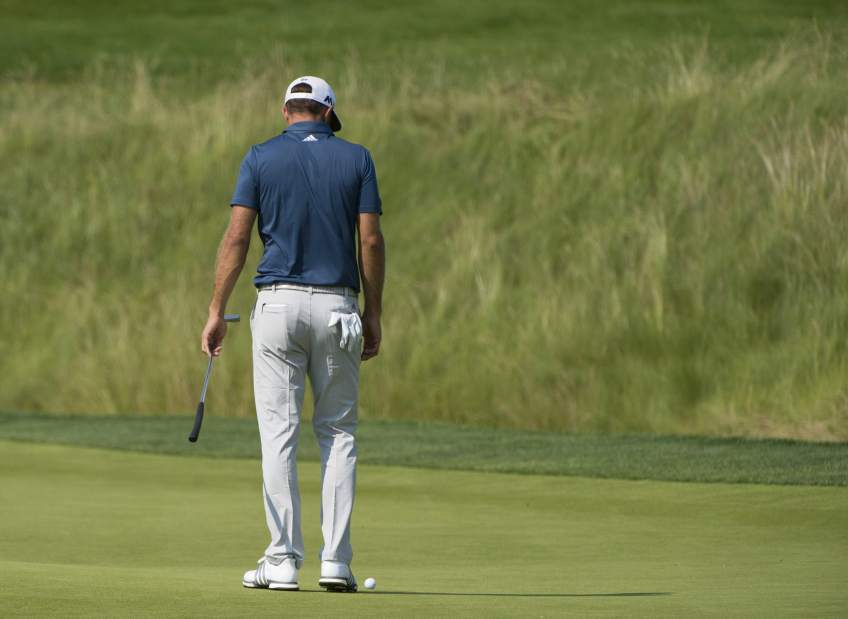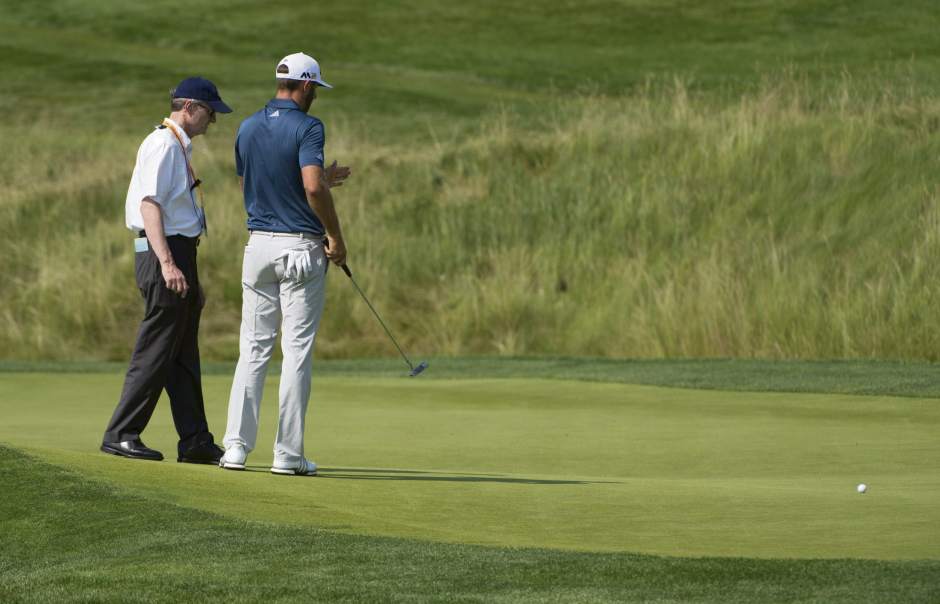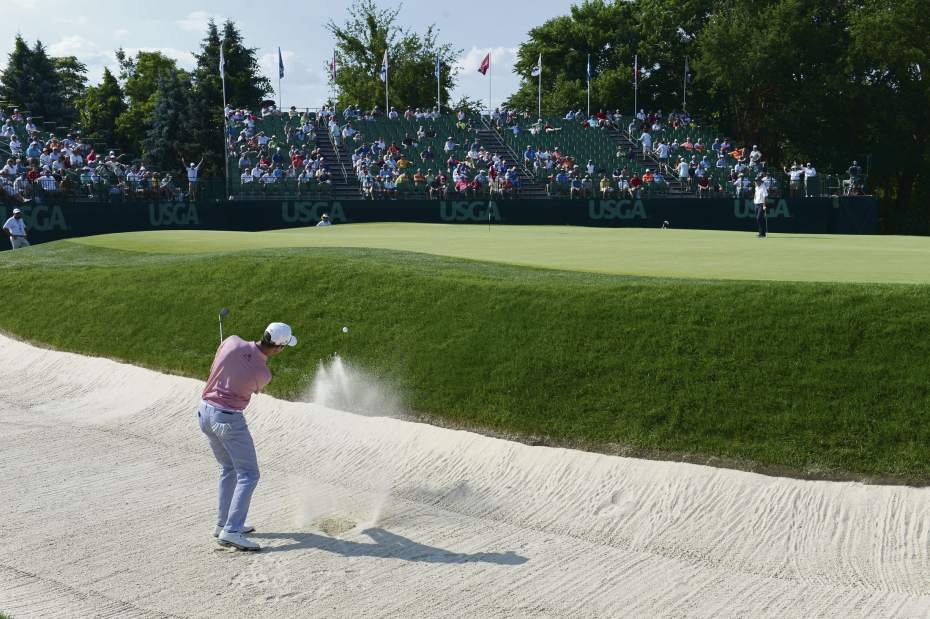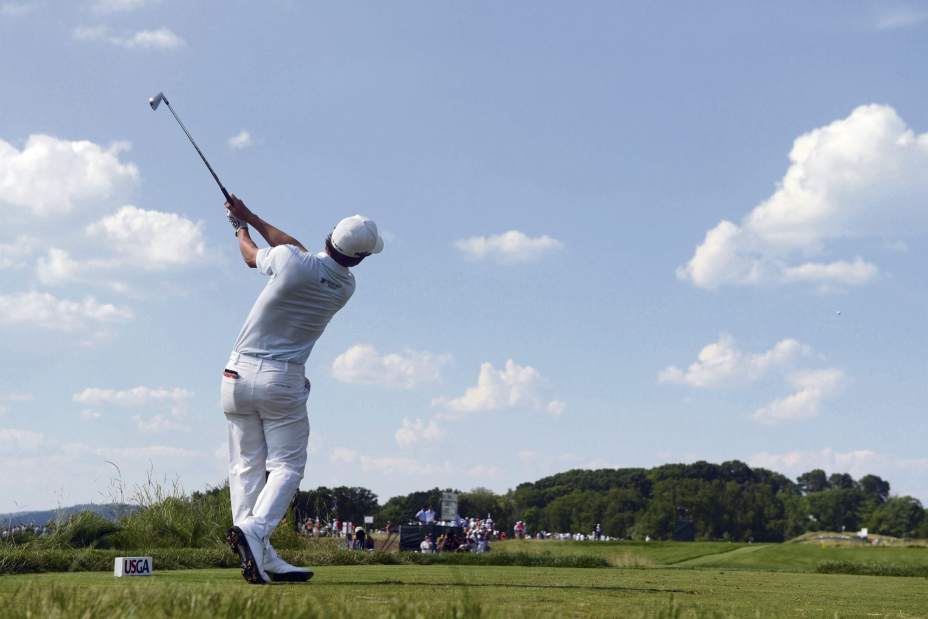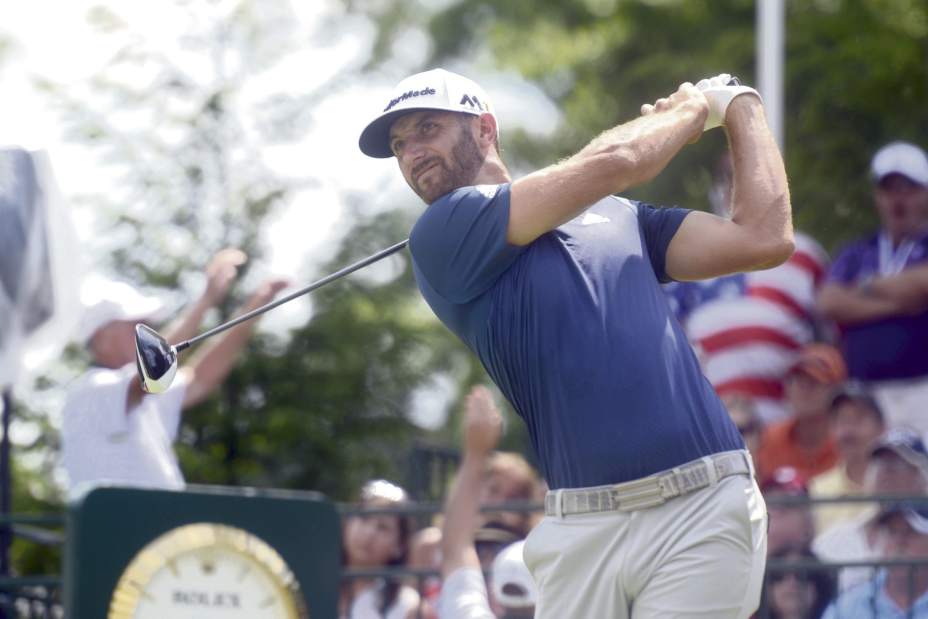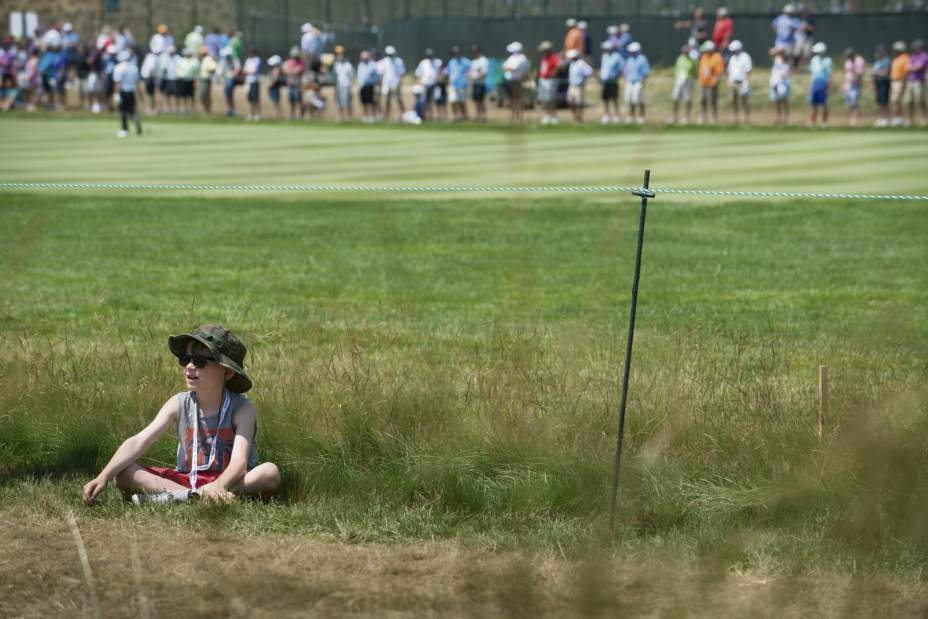Johnson overcomes 4-shot deficit, wins U.S. Open at Oakmont
Dustin Johnson had long been faced with the reputation of coming up painfully short, of struggling with 18 holes to play in major tournaments — especially when playing with a lead.
In Sunday's U.S. Open final round at Oakmont Country Club, that was all well and good for the world's No. 6-ranked player. Johnson played 23 holes Sunday, and began his Sunday afternoon final round in the second-to-last group trailing leader Shane Lowry by four strokes.
Facing a deficit, a mid-round rules dilemma and a checkered history of falling apart when it has counted the most — including on the 72nd hole in the same tournament in 2015 at Chambers Bay — Johnson delivered a fourth-round 69 to finish the U.S. Open at 4-under par. He won his first major by three strokes over runners-up Lowry, Jim Furyk and Scott Piercy.
“After last year, to come back this year and perform like this, it definitely, I think it shows what kind of golfer I am and, you know, it was awesome,” said Johnson, alluding to the 18th-hole three-putt that cost him the 2015 U.S. Open. “It's a big monkey off my back, for sure.”
When asked how he felt after winning his first major, Johnson joked, “I feel a lot lighter.”
Quite the change for a golfer who had to navigate some heavy stuff en route to his first major victory.
On the par-4 fifth hole, after a 1-under first four holes, Johnson approached his ball and took a few practice strokes to address a 9-foot par putt when the ball appeared to roll slightly backward. Johnson, who had called over a rules official and was told to play the ball where it lay, sank the putt and didn't hear of the situation again — until he reached the 12th tee box.
Waiting to begin the par-5 hole, Johnson was approached by a rules official who explained his addressing of the ball — and whether or not Johnson had played a role in the ball's movement, a stroke penalty hanging in the balance — would be reviewed after the conclusion of the round.
Following the ruling of the one-stroke penalty and well after Johnson's victory, Thomas Pagel, USGA senior director of rules and amateur status, said it was determined that the ball “more likely than not” was moved by Johnson, leading to the one-stroke penalty.
“In Dustin's case, he did sole his putter near the ball on two occasions and it was immediately after, or shortly after, excuse me, he soled his putter a second time that the ball moved,” Pagel said.
If the thought of having to win by two for the eventual stroke penalty not to matter, or of his one-stroke lead earned with a birdie on No. 9 followed by a bogey from Lowry on the same hole minutes later, bothered Johnson, he didn't show it.
“They said they were going to look at it when we got done. I felt like I wasn't going to be penalized, so I just went about my business,” Johnson said. “Just focused on the drive on 12 and from there on out, that we'd deal with when we got done.”
Johnson cranked a tee shot measured at 365 yards. He parred that hole and No. 13 before briefly surrendering his lead with a bogey on No. 14. Still, he shot 1-under over his final four holes, and Lowry made bogey on Nos. 14, 15 and 16. Johnson kept his poise while being pushed on by supportive galleries on the back nine.
After a long, at times confusing round and 274 shots' worth of leading, faltering, then chasing over the course of the tournament, Johnson's second shot on No. 18 — No. 275 of the tournament — was his pinpoint finishing touch, setting him up for birdie 5 feet from the hole.
Johnson easily made birdie, his third of the round. With the grandstand roaring with applause, a still locked-in Johnson gave an understated fist pump, removed his hat and hugged his brother and caddie, Austin Johnson. He embraced his fiancée, Paulina Gretzky, then held his son, Tatum.
Standing beside the 18th green just after Johnson's finish was Jack Nicklaus, who later handed Johnson the U.S. Open trophy. The 18-time major winner praised Johnson's resolve.
“It was a situation where an official was there and the official said, ‘Did you cause it to move?' and he says, ‘No,' then that should be the end of the story,” Nicklaus said of the situation on No. 5. “I thought he was terrific. I was very proud of him. He's had a lot of opportunities over the last two or three years to win championships, but I'm very happy for him.”
The 2016 U.S. Open champion exited the 18th green and, on the bridge between the 18th green and Oakmont Clubhouse, tipped his cap to the gallery. A black square covered his fifth-hole and final scores as he and the USGA made sense of the in-question shot and hole, the ruling later coming down that Johnson had in fact been assessed a one-stroke penalty.
But it didn't matter. A four-stroke victory turned into a nearly-as-decisive three-stroke win.
Finally, celebrating in the same setting sun that had stopped him short of finishing third-round play Saturday night, Johnson, long overshadowed for his inability to close in majors, had the smile of a champion.
The shadow, for once, was his to cast.
Andrew Erickson is a Tribune-Review staff writer. Reach him at aerickson@tribweb.com or via Twitter @AErickson_Trib.


